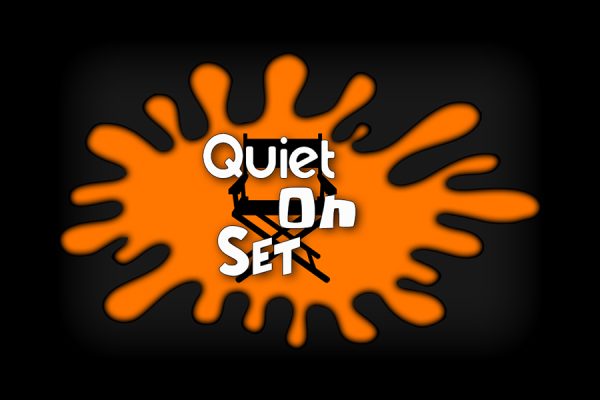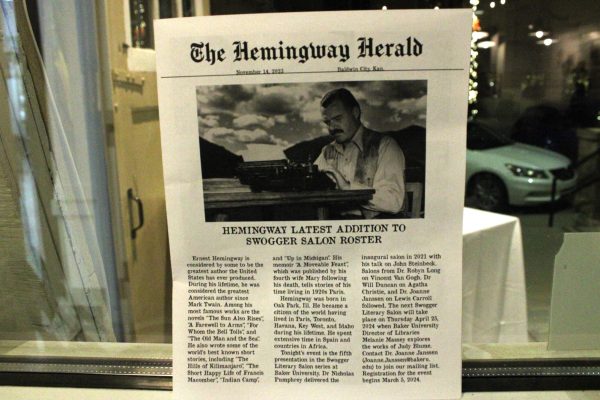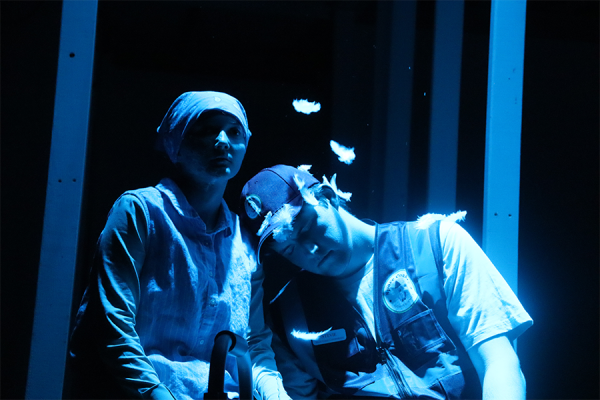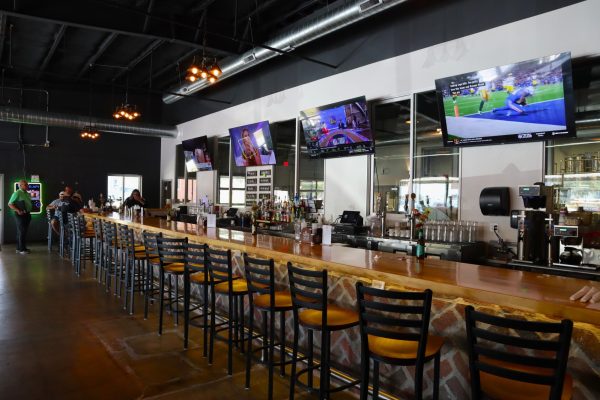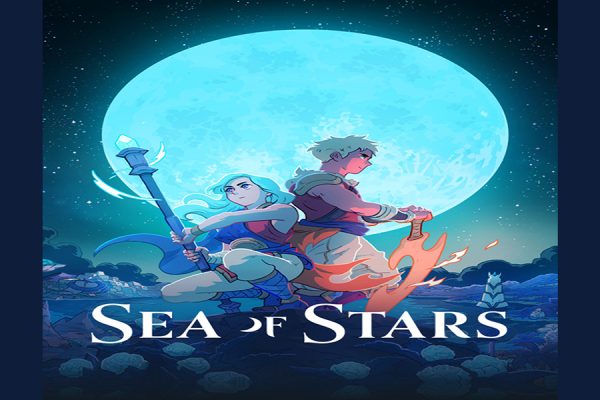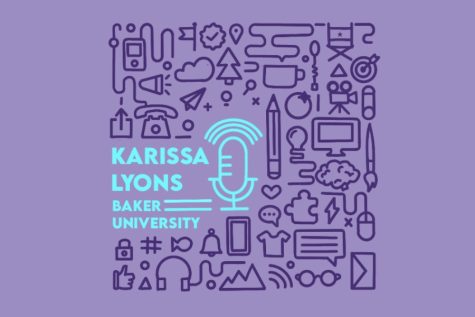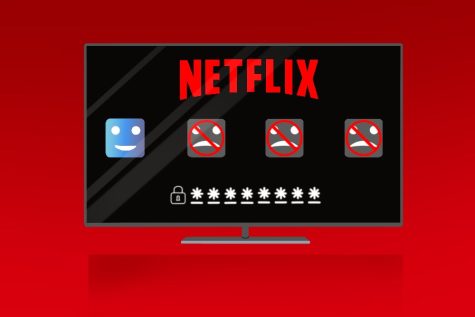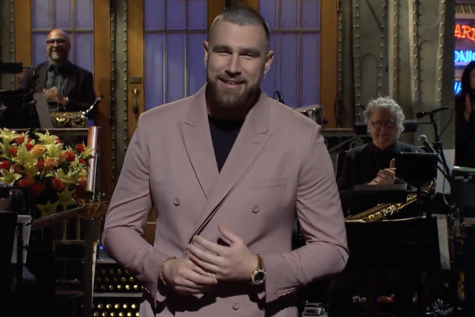Keener rises to slam master
November 24, 2014
The stage is empty except for the master of ceremonies, who stands in the center of a small group of spotlights. The audience cheers and claps as she grabs the microphone, brings it to her lips and says, “Please welcome to the stage, our first competing poet for the night, Cody Keener.”
Keener, a junior at Baker University, emerges from the shadows off stage taking over the spotlight from the emcee. He waves to the crowd and starts his reading.
The audience takes in every word he spits into the mic. They clap and cheer for what they like, and by the time he is finished, they erupt in wild applause as he leaves the stage.
It was Keener’s first-ever poetry reading, which took place at the 2nd LFK Poetry Slam Event at the Granada theater in Lawrence on July 12.
Slams are competitions in which poets read or recite work before an audience and are judged based on performance, enthusiasm and crowd engagement.
Since this reading, Keener has risen to the ranks of slam master, a position that enables him to run the slam group and create and promote reading events. Keener said that he has been lucky thus far with his poetry and performing.
“A lot of my slam career has had to deal with being in the right place in the right time, especially with this slam master position,” Keener said, “(In August) there was a mini slam, really more of an audition more than anything, at the (Jackpot Saloon & Music Hall), where anyone that wanted to could come up and read a poem and from that group, the next slam master would be picked.”
Keener was not planning on going to the mini slam until he received an email personally asking him to perform. He ended up attending the event and was chosen to be slam master afterward.
Throughout history, poetry has not always been a literary form created by and for the masses like slam poetry is today. Assistant Professor of English Joanne Janssen said that in the early 1800s, poetry was seen as a literary form reserved for those who wanted to be serious writers.
“Poetry really was considered true literature,” Janssen said. “If you wanted to be a writer, poetry is what you wrote. Those who were writing novels were often considered a little bit frivolous and even silly. I think particularly after the 19th century, it was seen as something for the elite, like people who had a lot of education, people who had a lot of money and the leisure to write poetry.”
Janssen says this idea of poetry has evolved over time, leading to the slam trend today.
“I think that the idea of the slam poetry comes into play as a resistance to the idea that poetry is for the elite, for only the educated, and goes against the idea that to be a poet in society that means publishing a book,” Janssen said.
This idea of poetry meant for the masses is shared by Steph Castor, founder of the LFK poetry slam, who studied creative writing at the University of Kansas.
“I felt that Lawrence needed something like (slam poetry),” Castor said. Before she created it, the closest outlet for poets was in Kansas City.
“(Lawrence) needed a bigger poetry community because I knew a lot of students around here who were interested in slam poetry and spoken word but they had never been to an actual slam,” Castor said.
After two slams, Castor was pleased by the public interest that had developed.
“Only 75 people came to the first one, but then I believe it actually doubled on July 12, which was the second slam I did,” Castor said.
Castor said a poetry slam, unlike other types of readings, is based on the performance rather than the words. During the slam, the performer is encouraged to show passion and emotion instead of just academic intellect.
This is the approach that Keener uses for his performances.
“I started writing poetry around 14 or 15 years old,” Keener said. “It was just the stream-of-consciousness garbage, chicken scratch, the angst that early teenagers write. I did a lot of forensics in high school, and I am studying creative writing here (at Baker), but as far as slam poetry is concerned, I really haven’t been doing it that long.”
Keener said that during his first slam, his nerves were getting the best of him. Not only was it his first time performing at LFK and he was the first to read that night, but it was his first time performing his poetry in front of a live audience, ever.
“I just thought, ‘what is really going to happen to me if these people don’t like my piece, or if I mess up? Absolutely nothing,’” Keener said. “Disaster happens, and there is nothing really you can do except to come back from backstage and just go as hard as you can.”



